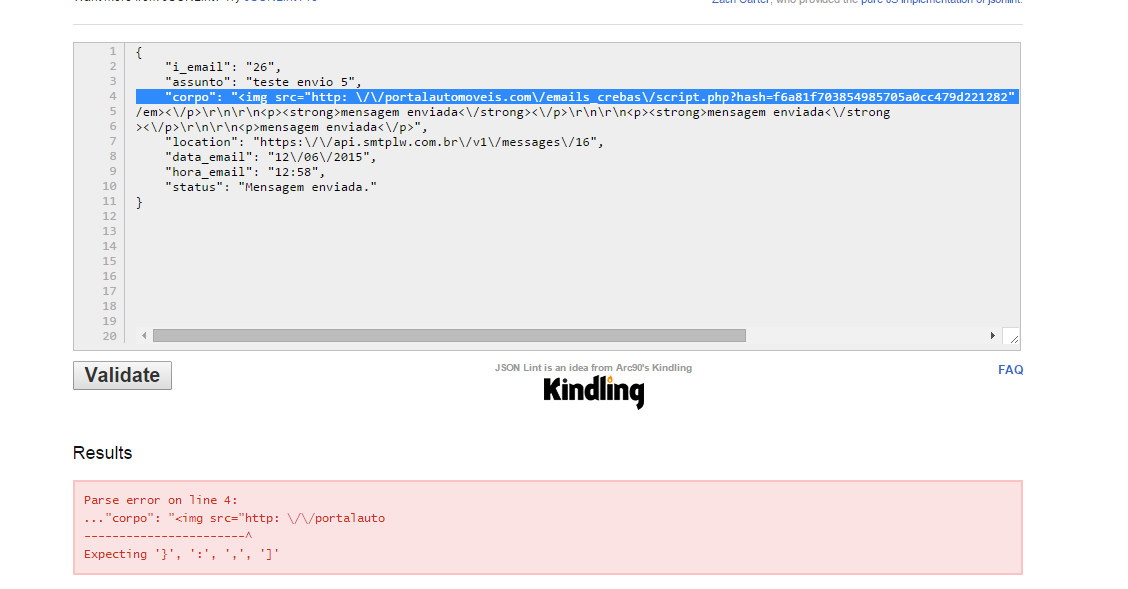resolvi utilizando a seguinte função:
function htmlspecialchars_decode(string, quote_style) {
// example 1: htmlspecialchars_decode("<p>this -> "</p>", 'ENT_NOQUOTES');
// returns 1: '<p>this -> "</p>'
// example 2: htmlspecialchars_decode("&quot;");
// returns 2: '"'
var optTemp = 0,
i = 0,
noquotes = false;
if (typeof quote_style === 'undefined') {
quote_style = 2;
}
string = string.toString()
.replace(/</g, '<')
.replace(/>/g, '>');
var OPTS = {
'ENT_NOQUOTES': 0,
'ENT_HTML_QUOTE_SINGLE': 1,
'ENT_HTML_QUOTE_DOUBLE': 2,
'ENT_COMPAT': 2,
'ENT_QUOTES': 3,
'ENT_IGNORE': 4
};
if (quote_style === 0) {
noquotes = true;
}
if (typeof quote_style !== 'number') {
// Allow for a single string or an array of string flags
quote_style = [].concat(quote_style);
for (i = 0; i < quote_style.length; i++) {
// Resolve string input to bitwise e.g. 'PATHINFO_EXTENSION' becomes 4
if (OPTS[quote_style[i]] === 0) {
noquotes = true;
} else if (OPTS[quote_style[i]]) {
optTemp = optTemp | OPTS[quote_style[i]];
}
}
quote_style = optTemp;
}
if (quote_style & OPTS.ENT_HTML_QUOTE_SINGLE) {
string = string.replace(/�*39;/g, "'"); // PHP doesn't currently escape if more than one 0, but it should
// string = string.replace(/'|�*27;/g, "'"); // This would also be useful here, but not a part of PHP
}
if (!noquotes) {
string = string.replace(/"/g, '"');
}
// Put this in last place to avoid escape being double-decoded
string = string.replace(/&/g, '&');
return string;
}
Fontes: phpjs.org
